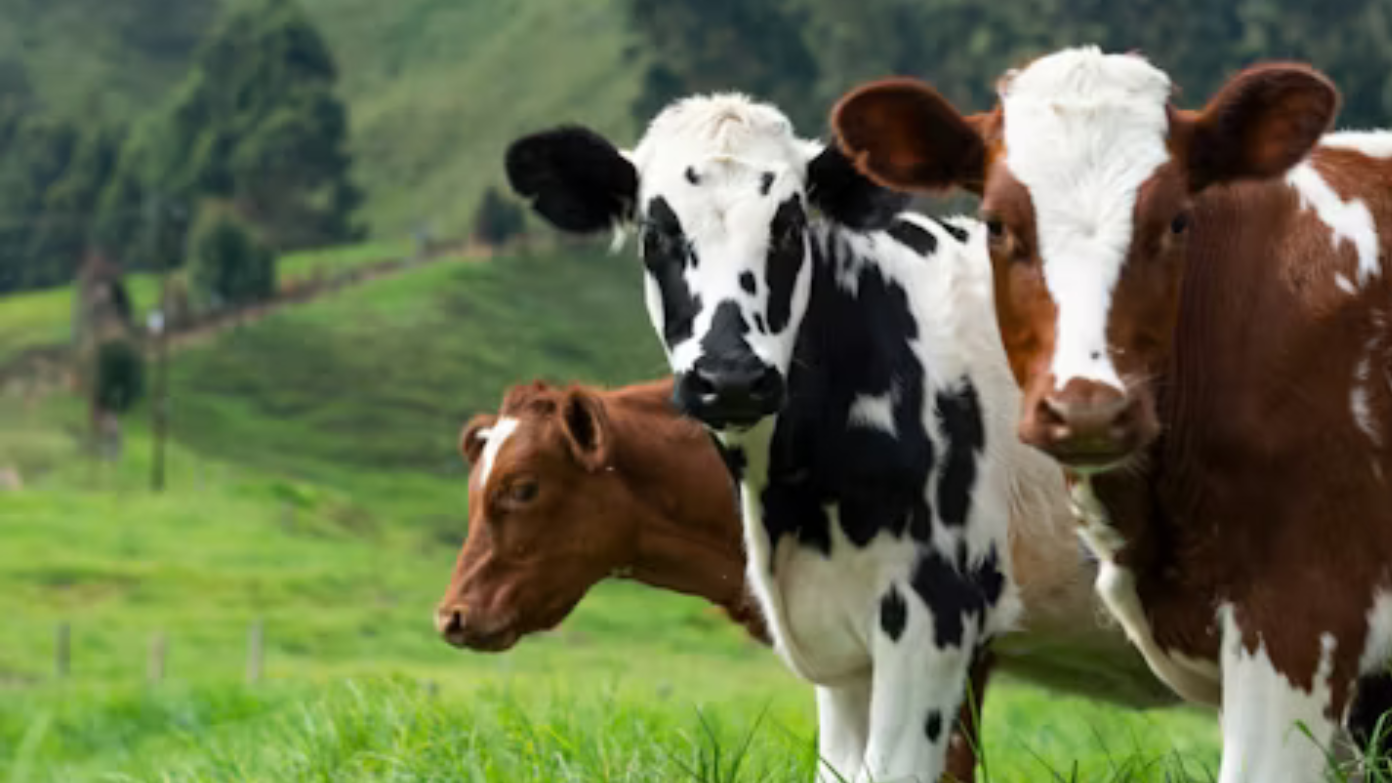Beef producers across the United States voiced a sharp rebuke on Wednesday to President Trump’s controversial proposal to increase imports of Argentine beef. The administration suggested doubling the tariff-rate quota on Argentine beef to 80,000 metric tons, an effort to lower consumer prices while also benefitting economic relations with Argentina. This action has led to one of the most widely publicized breaches between Trump and his usually loyal agricultural base in recent weeks.
National Cattlemen’s Beef Association condemns the plan
The National Cattlemen’s Beef Association (NCBA), the principal trade organization for American cattle producers, responded with unequivocal outrage to the administration plan as detailed in this article even after the Trump Administration sounded a warning over Argentina’s beef as detailed in this article, Trump’s beef import plan hits snag over Argentina disease warning. NCBA Chief Executive Officer Colin Woodall stated that his organization “cannot stand with the President when he is undermining the future of family ranchers and farmers by importing Argentinian beef in an attempt to manipulate prices.” Woodall added that the industry is “This plan only creates chaos at a critical time of the year for American cattle producers, while doing nothing to lower grocery store prices.”
The NCBA directly faulted Trump and Agriculture Secretary Brooke Rollins for “undercuts” to “the future of family farmers,” calling on both leaders to “let the cattle markets work without interference.” The organization cited that American cattle producers sell in some of the globe’s most competitive markets and are proud to supply the safest, highest-quality beef in the world.
Trump’s defense of his position
President Trump defended his action on Wednesday in a series of posts on Truth Social, arguing that cattle ranchers ought to recognize the benefit they’ve gained from his trade policies. “The Cattle Ranchers, whom I love, do not understand that the only reason they are doing so well, as of decades ago, is that I put Tariffs on cattle entering the United States, including a 50% tariff on Brazil,” Trump said. He continued to note that if not for his tariffs, ranchers would be having the same problems they had done during the last twenty years, which he had called “terrible.”
Trump also insisted that cattle farmers need to lower their prices because “the consumer is a very big factor” to him. His statements put into bold relief the tension between his desire to help ranchers through tariffs and his requirement to combat inflation by lowering the price of beef for consumers.
The scale of increased imports
The administration’s plan to quadruple imports is a significant policy shift. Argentina was granted 20,000 metric tons yearly previously at reduced tariff rates, with quantities higher than that exposed to a 26.4% tariff. Now, Argentina represents hardly more than 2% of all United States imports of beef, according to the U.S. Department of Agriculture. But critics note that even higher imports from Argentina would not significantly lower consumer beef prices while significantly hurting domestic producers.
Broader industry concerns
Apart from direct price implications, the NCBA also had its own grave biosecurity issues with the imports. Colin Woodall pointed out that “Argentina is a nation with a long record of foot-and-mouth disease (FMD), and USDA has not completed the steps required to ensure Argentina can guarantee the safety of the products coming here, further jeopardizing America’s cattle herd.” This is a sign of shared apprehension at the potential of animal disease risk to local herds.
The controversy has created an unusual rift within Republican ranks. Senator Deb Fischer of Nebraska and Senate Majority Leader John Thune from South Dakota both publicly expressed concerns about the proposal. Fischer stated on social media that “if the goal is addressing beef prices at the grocery store, this isn’t the way” and urged the administration to “focus on trade deals that benefit our ag producers, not imports that will do more harm than good.”
The USDA counterbalance
Secretary of Agriculture Brooke Rollins unveiled a comprehensive plan on October 22 that is designed to support the American beef industry through deregulatory reforms, increased processing capacity, better access to grazing on public lands, and improved assistance for new and beginning ranchers. Ranchers remain skeptical that the plan adequately counteracts the damage of increased Argentine imports.
Read more: Why did President Trump slam Newsom’s low-income housing plan for Los Angeles?
Read more: What is the Fed’s “third mandate” and what could it mean for the Fed’s decisions
Read more: Forecasts see Fed finally cutting rates — for one key reason

